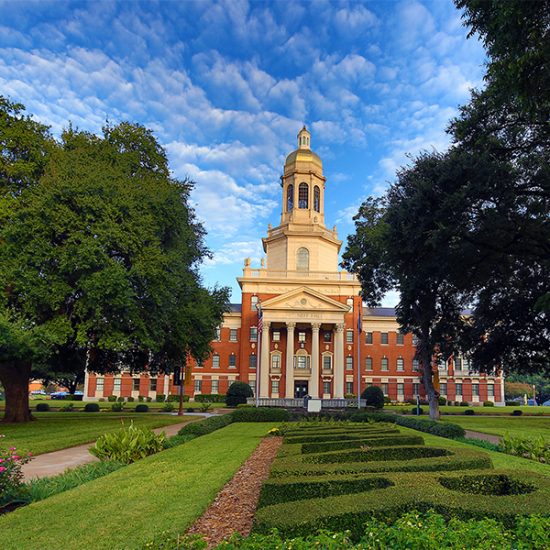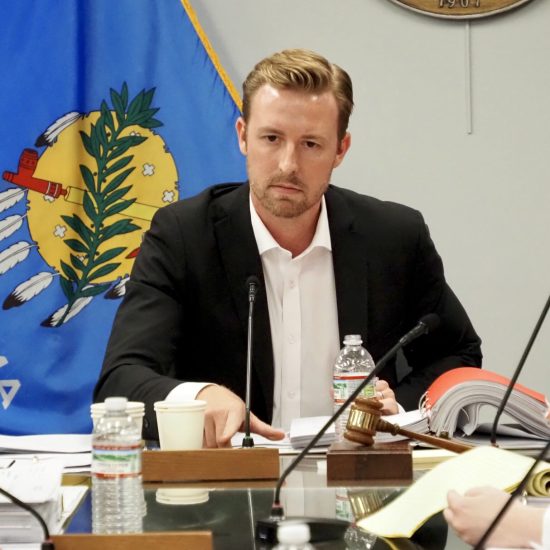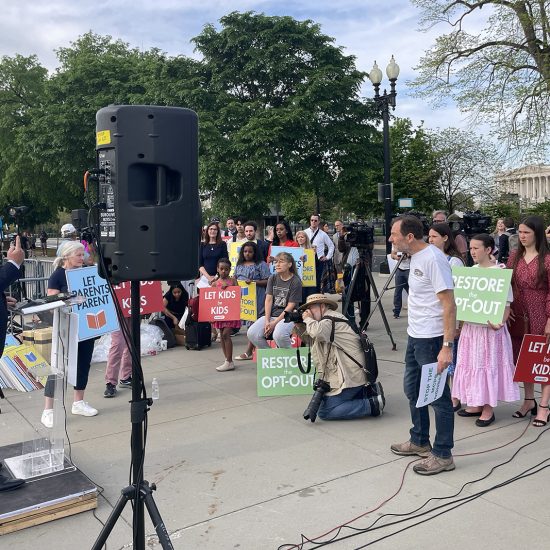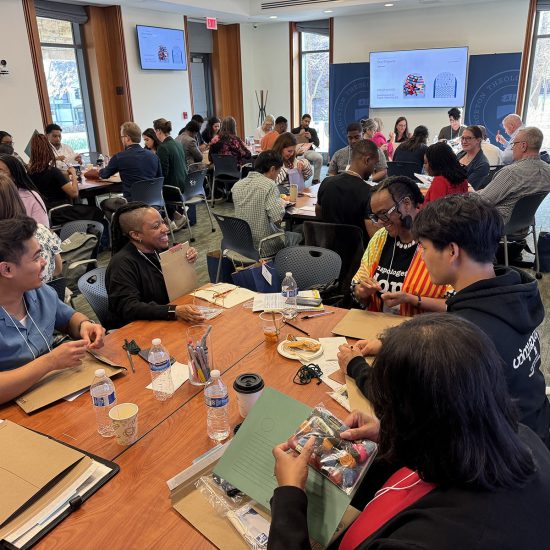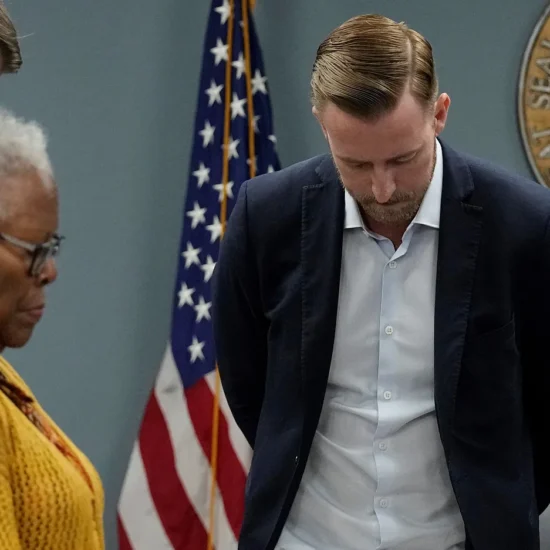A few months ago, I attended the memorial service for Dr. Milton Ferguson, who served as president of Midwestern Baptist Theological Seminary while I earned two degrees there. For historical context, I completed my degrees before the fundamentalist takeover of our seminaries, euphemistically referred to as “the conservative resurgence.”
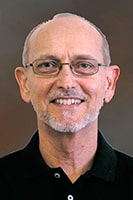 Doyle SagerBeing on the Kansas City campus again for the celebration of Dr. Ferguson’s life stirred many wonderful memories. I once heard Dr. Ferguson illustrate God’s lavish love, described in Romans 5:5 (God’s love, poured into our hearts by the Holy Spirit). He recalled occasions from his childhood, when rich, fresh cream was generously poured over his hot oatmeal. His description was so vivid that I never read that passage without thinking of his words.
Doyle SagerBeing on the Kansas City campus again for the celebration of Dr. Ferguson’s life stirred many wonderful memories. I once heard Dr. Ferguson illustrate God’s lavish love, described in Romans 5:5 (God’s love, poured into our hearts by the Holy Spirit). He recalled occasions from his childhood, when rich, fresh cream was generously poured over his hot oatmeal. His description was so vivid that I never read that passage without thinking of his words.
One day, in introducing a guest speaker, Dr. Ferguson remarked that perhaps our worship order should occasionally be reversed by singing “Just As I Am” as a call to worship and “The Doxology” after the sermon.
During the drive home after that memorial service, I started thinking. What else do I remember from my seminary days? Does my theological education continue to impact me? In short, does a seminary education stick? After more than 45 years of pastoring, I can answer with a resounding yes. There is not a workday that goes by without an awareness of that solid theological foundation beneath me. In fact, as time goes on, I think I value my seminary experience more, not less.
Several years ago, to my shock and horror, I read a column in which the writer suggested that 21st-century pastors no longer need a theological education. His suggestion? All the pastor needs is an MBA. I pity such a pastor’s congregation. What will they hear from the pulpit when that pastor’s well goes dry?
Yes, I am aware that the delivery system for theological education is radically changing. Yes, I am aware that seminary is not all that a pastor needs. Furthermore, I realize seminary is not for everyone and that not all have the opportunity to attend. But for those who do, please remember that the word seminary is first cousin to the word seminal, as in a seedbed, that which generates life and growth.
Our two of daughters have bachelor’s degrees in music. During their studies, I’m sure they would have preferred to merely sing, jam with friends, go on choir tours and perform concerts. But they were required to immerse themselves in the rigorous disciplines of music history and music theory. Our son majored in art. I’m fairly certain that like most young artists, his first choice would have been to spend his time drawing, painting, sculpting or otherwise practicing his craft. But the curriculum demanded that he go deeper and explore art history and the humanities. All three of my children needed to dig deep wells to sustain them over a lifetime.
Likewise, the pastor needs ancient reservoirs to sustain relevant ministry. Seminary taught me that something happened before I arrived, and that we aren’t the first group of believers to wrestle with a particular issue. Seminary did not provide me the answers; it helped me ask the right questions. Perhaps most of all, a theological education revealed to me how much I did not know. As thankful as I am for my theological education, I’m guessing my congregation might be even more appreciative. They’re the ones who have to listen to me Sunday after Sunday.
These days, I live out my calling in the faith family known as the Cooperative Baptist Fellowship. What a joy to see CBF-related divinity schools and seminaries meeting the education and leadership challenges of our congregations and their pastors. Perhaps we should designate July as “hug a seminary professor month.” Or a simple thank-you might suffice.
Doyle Sager is lead pastor of First Baptist Church in Jefferson City, Mo.

